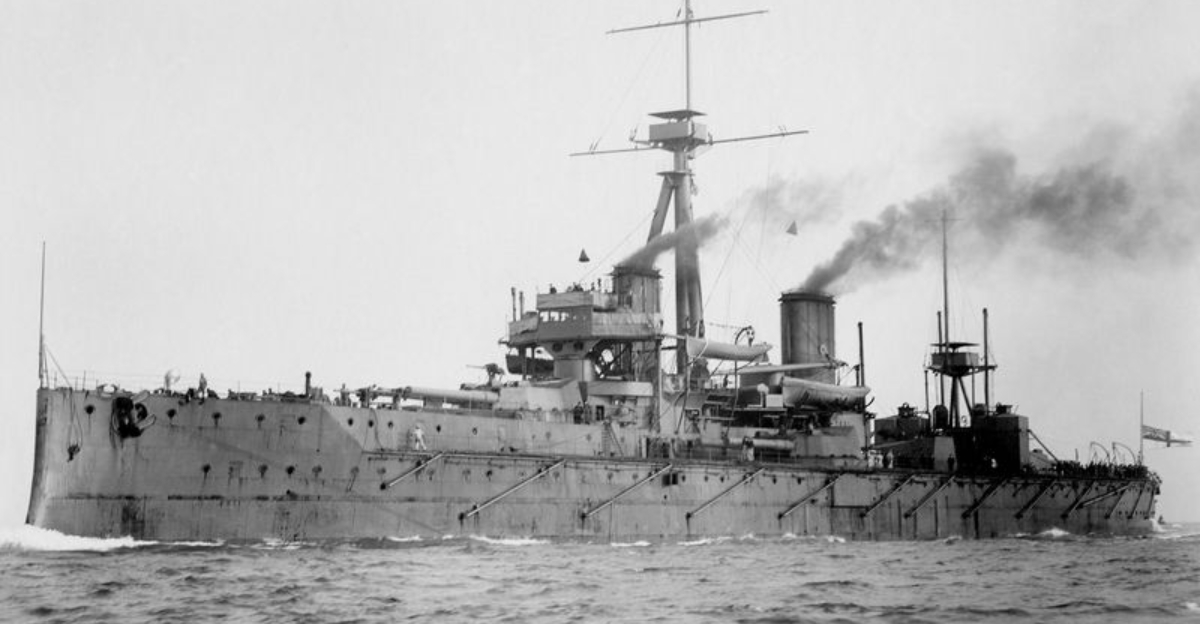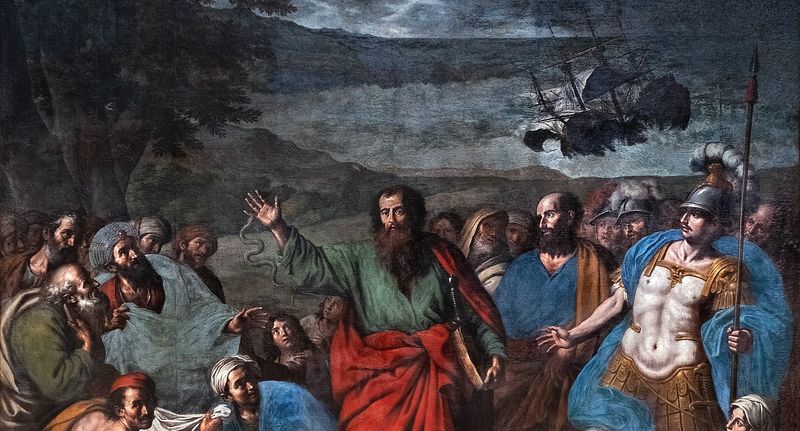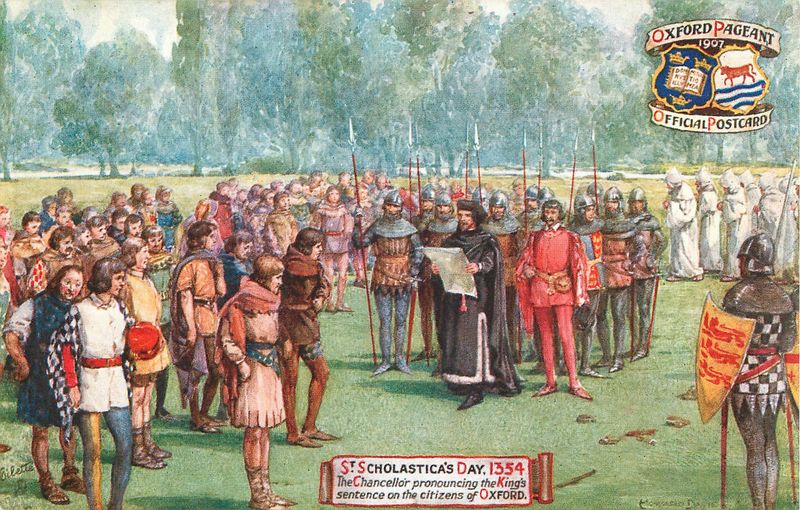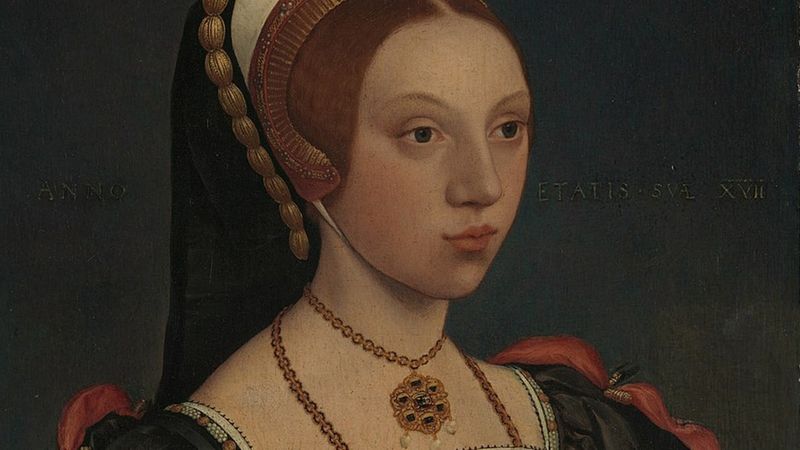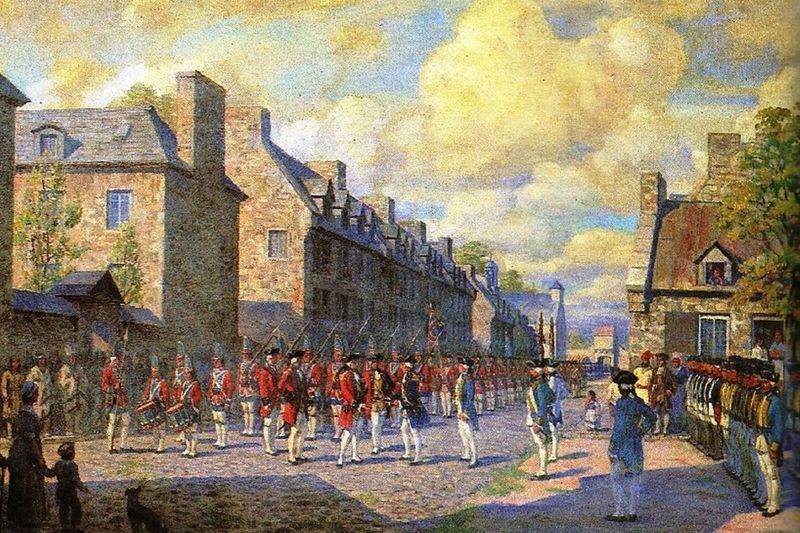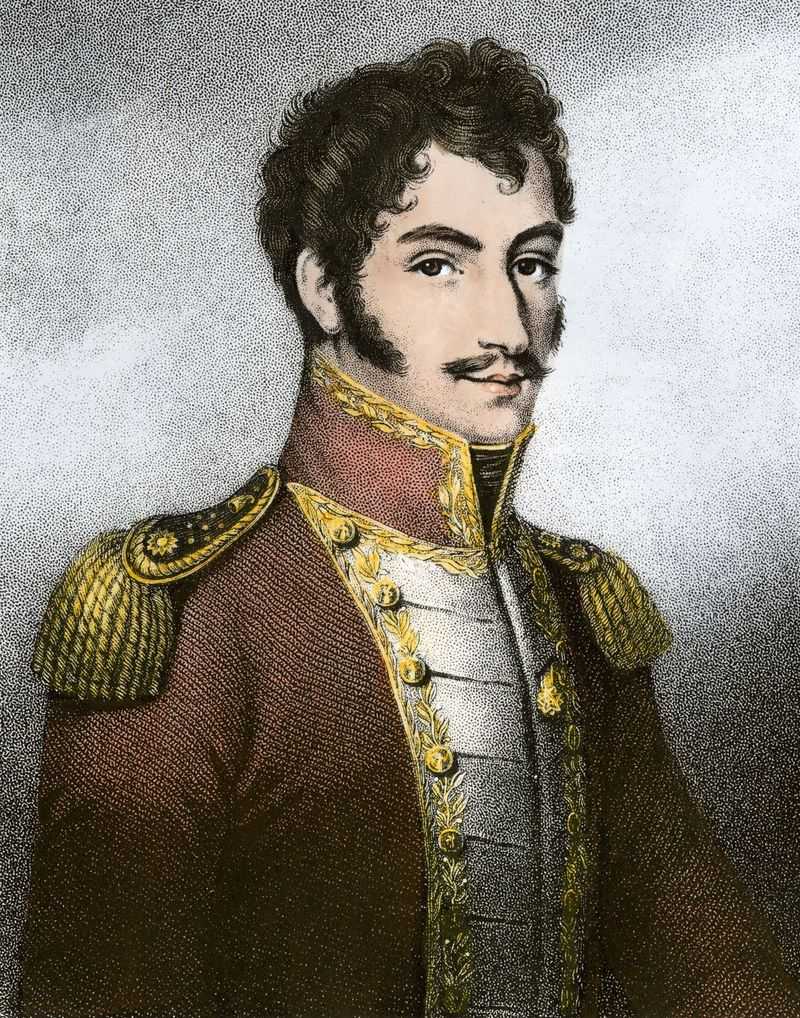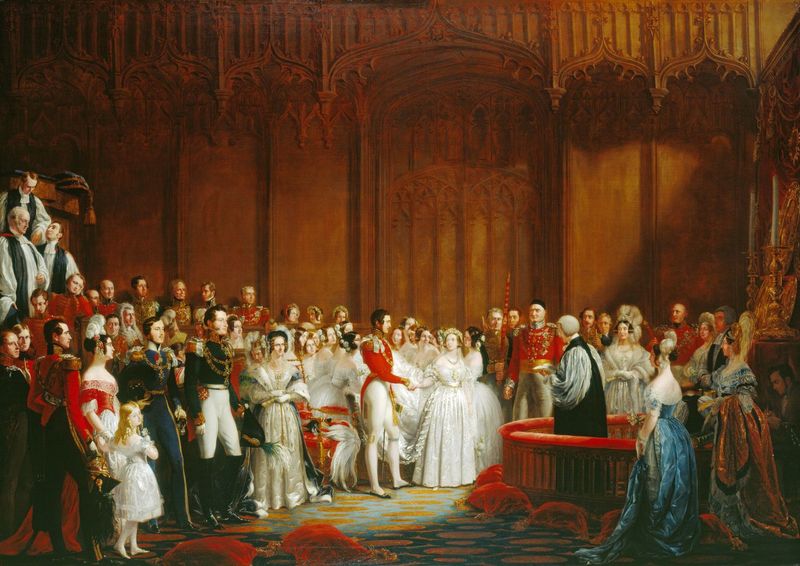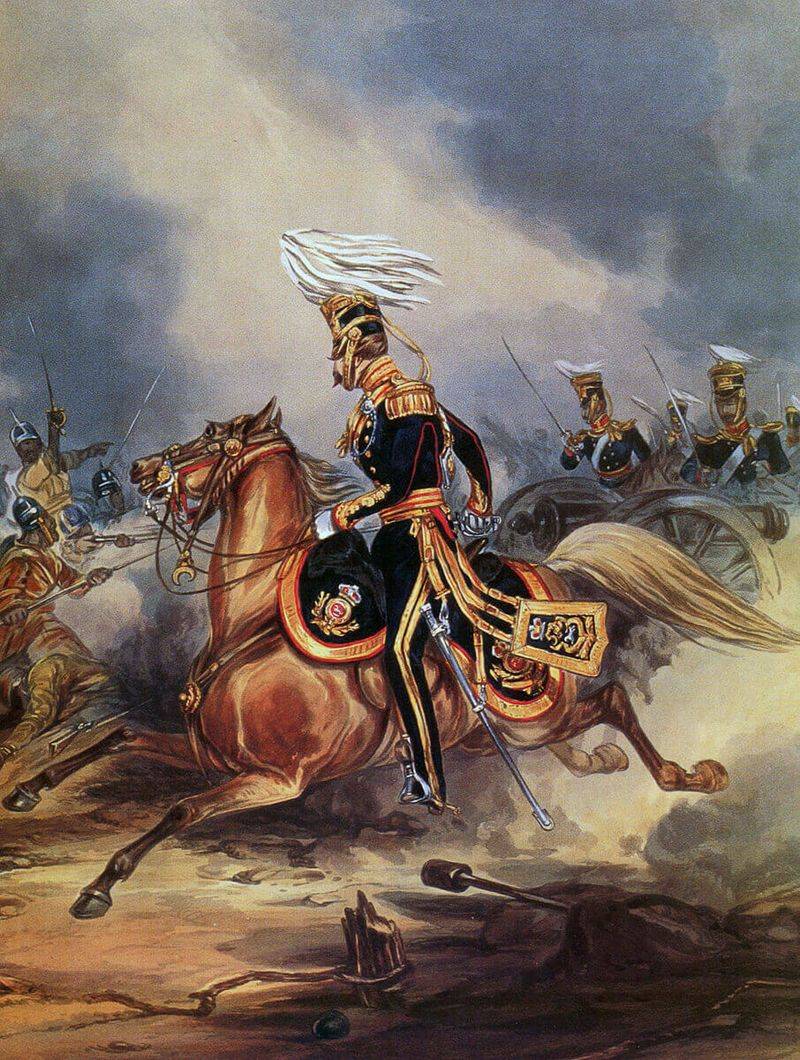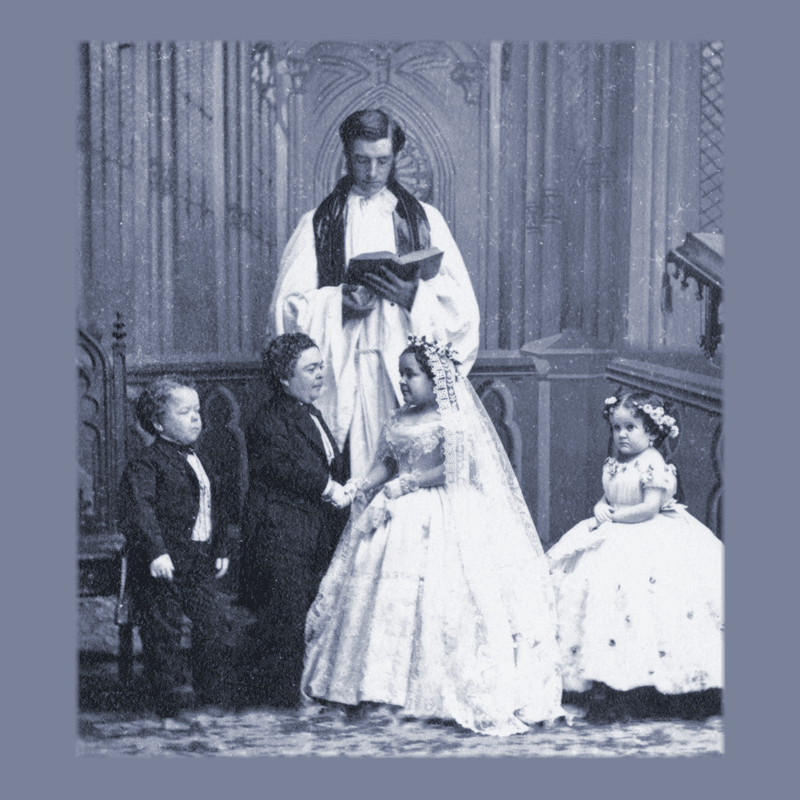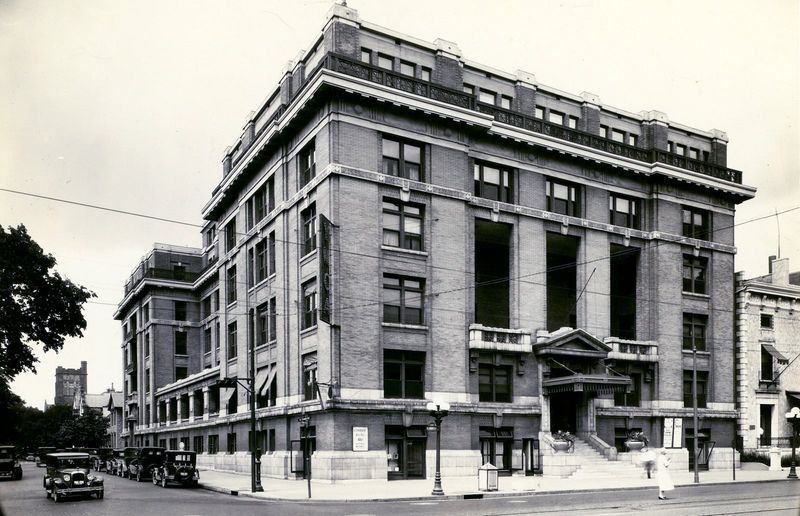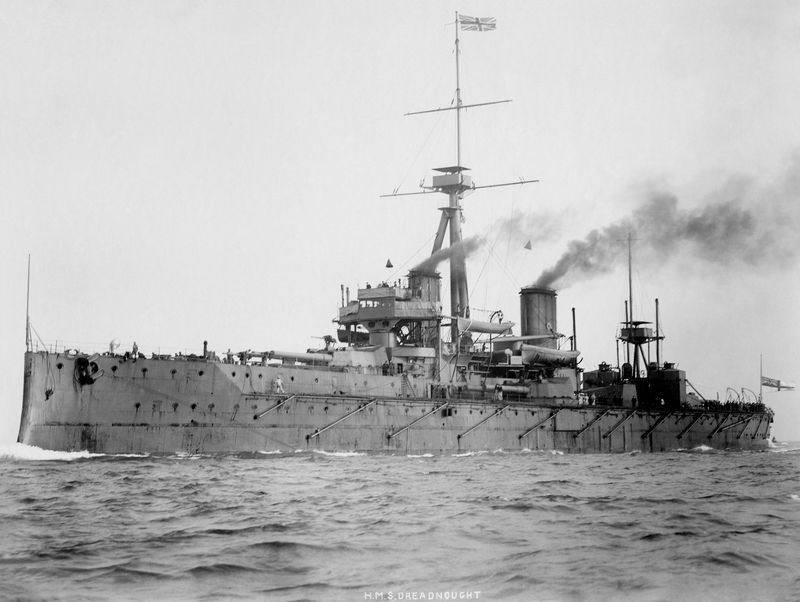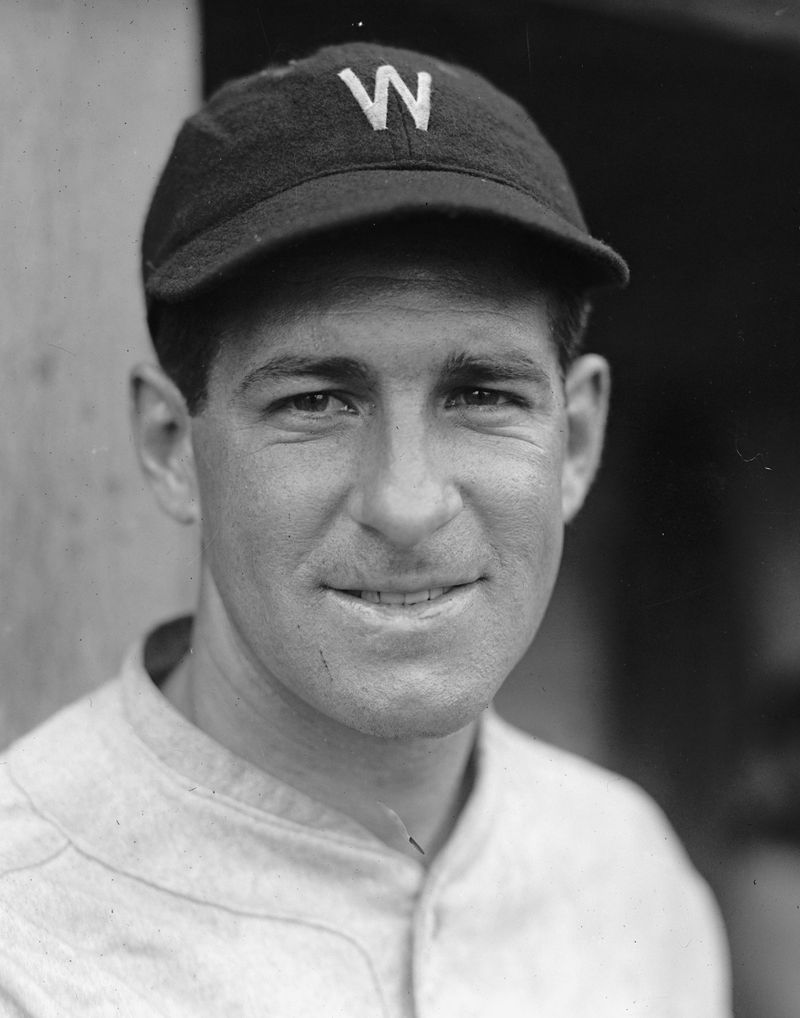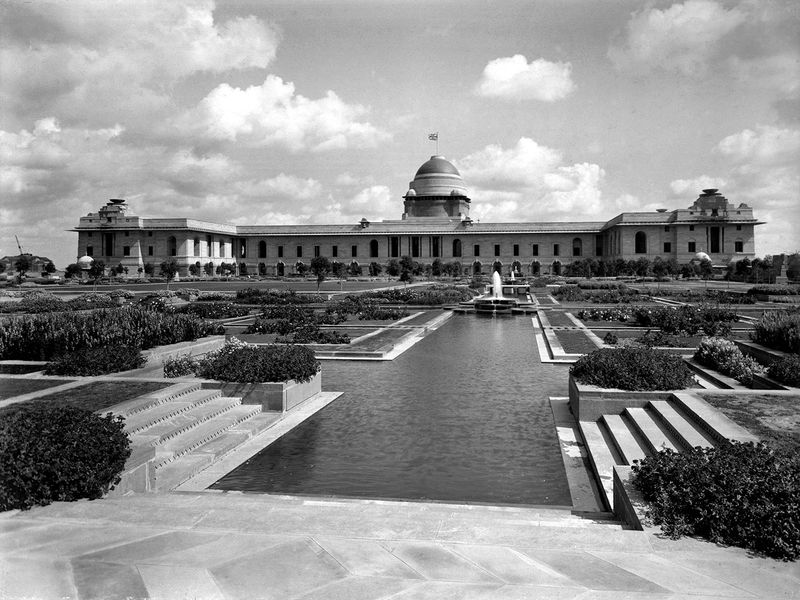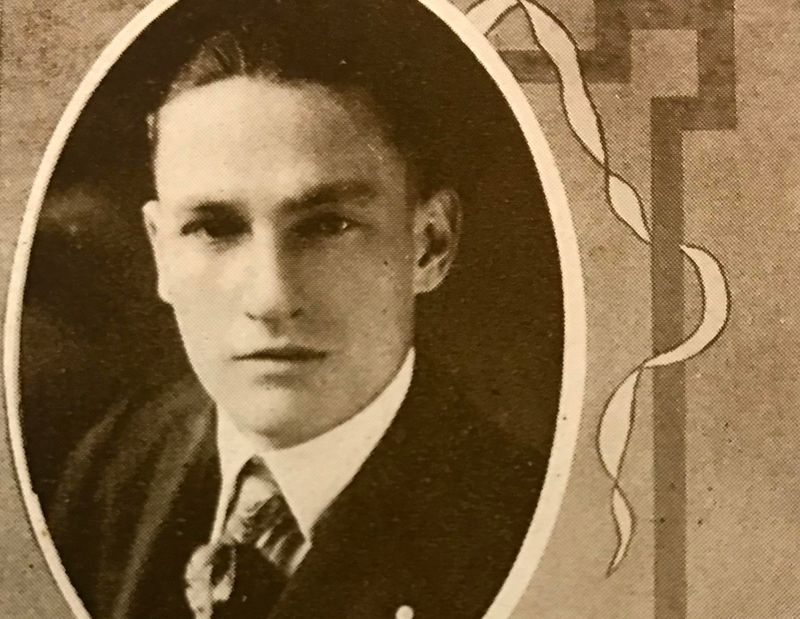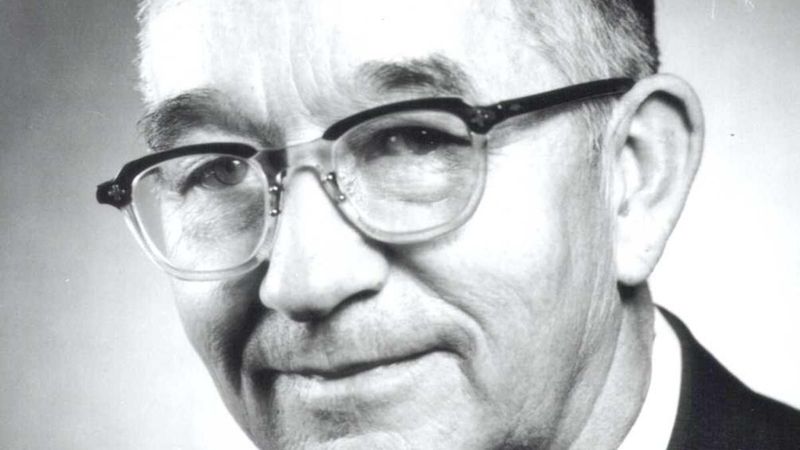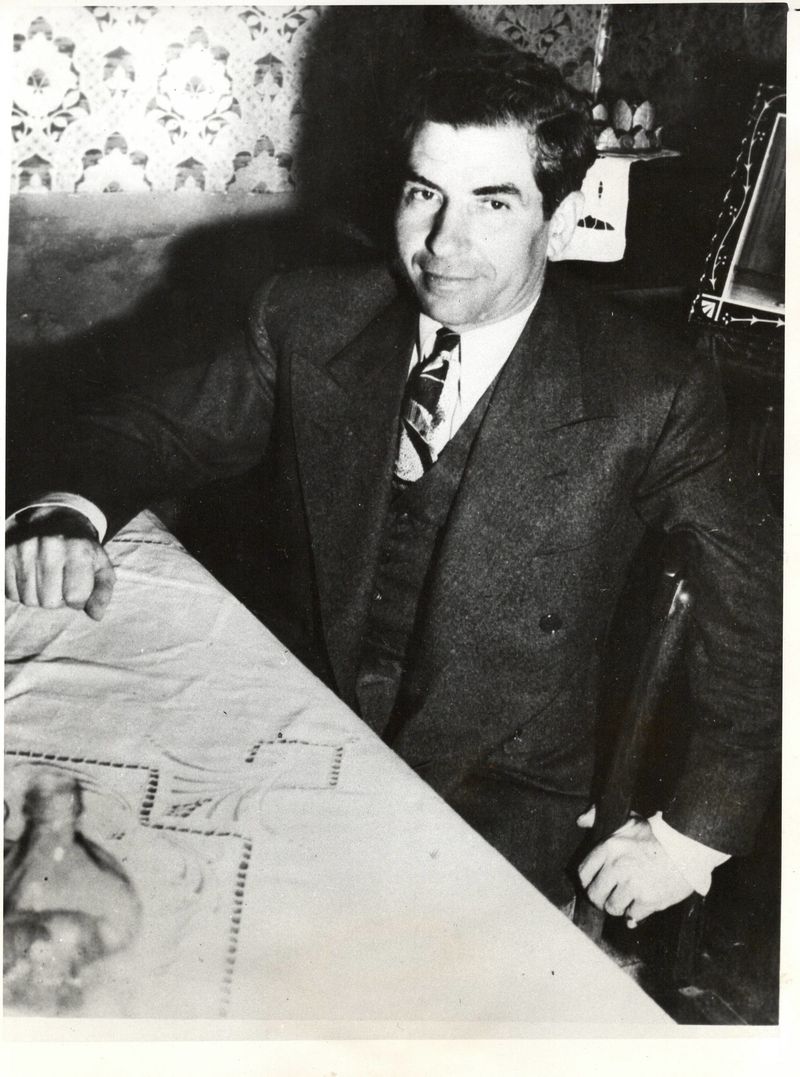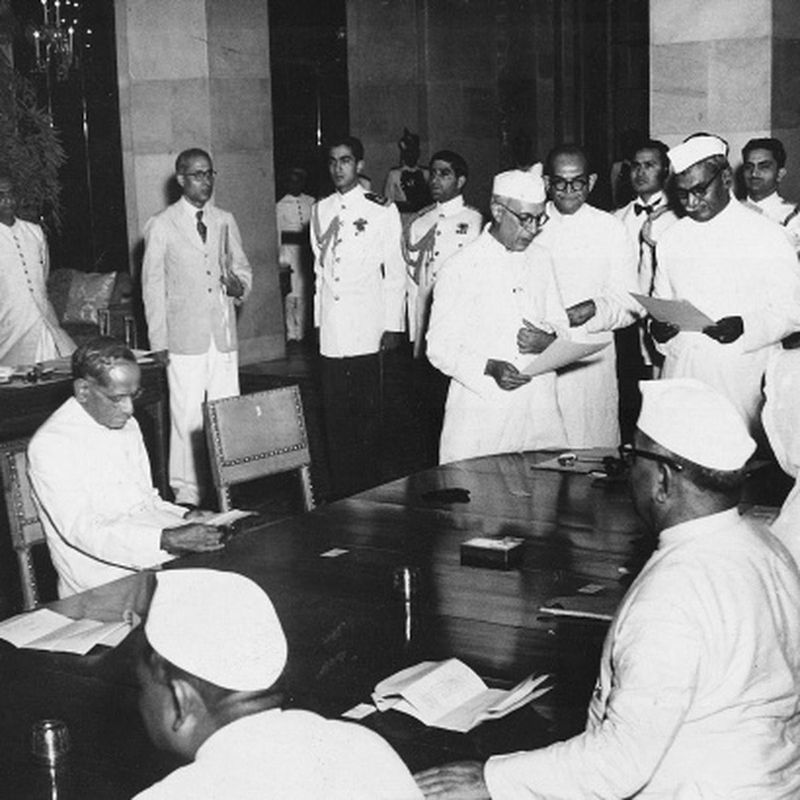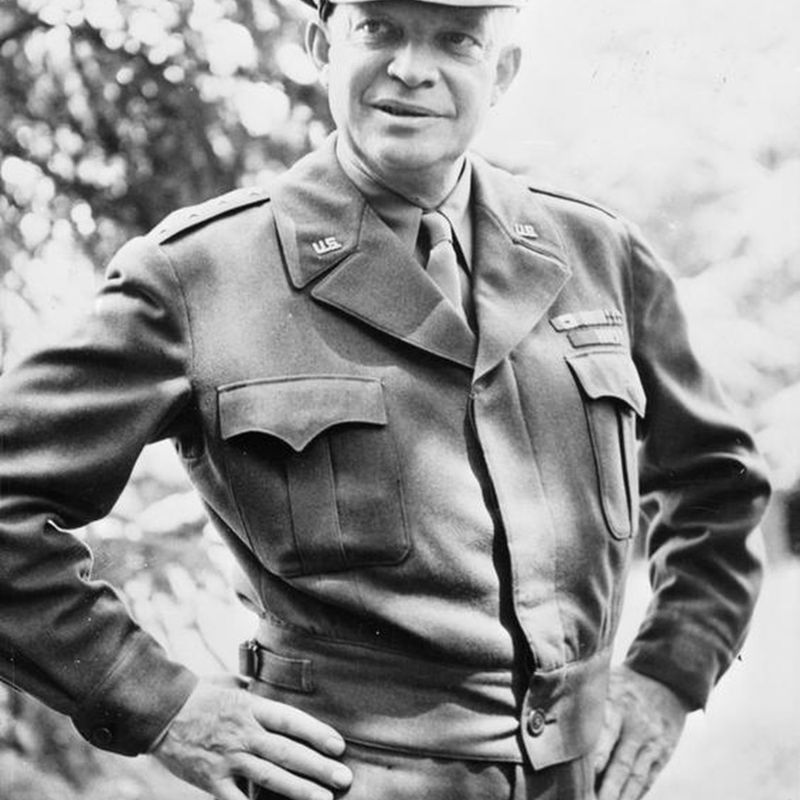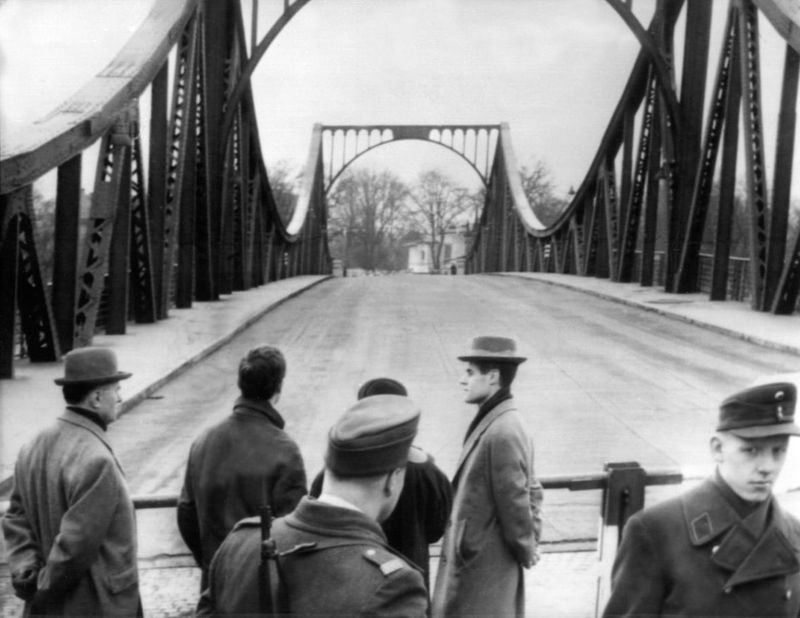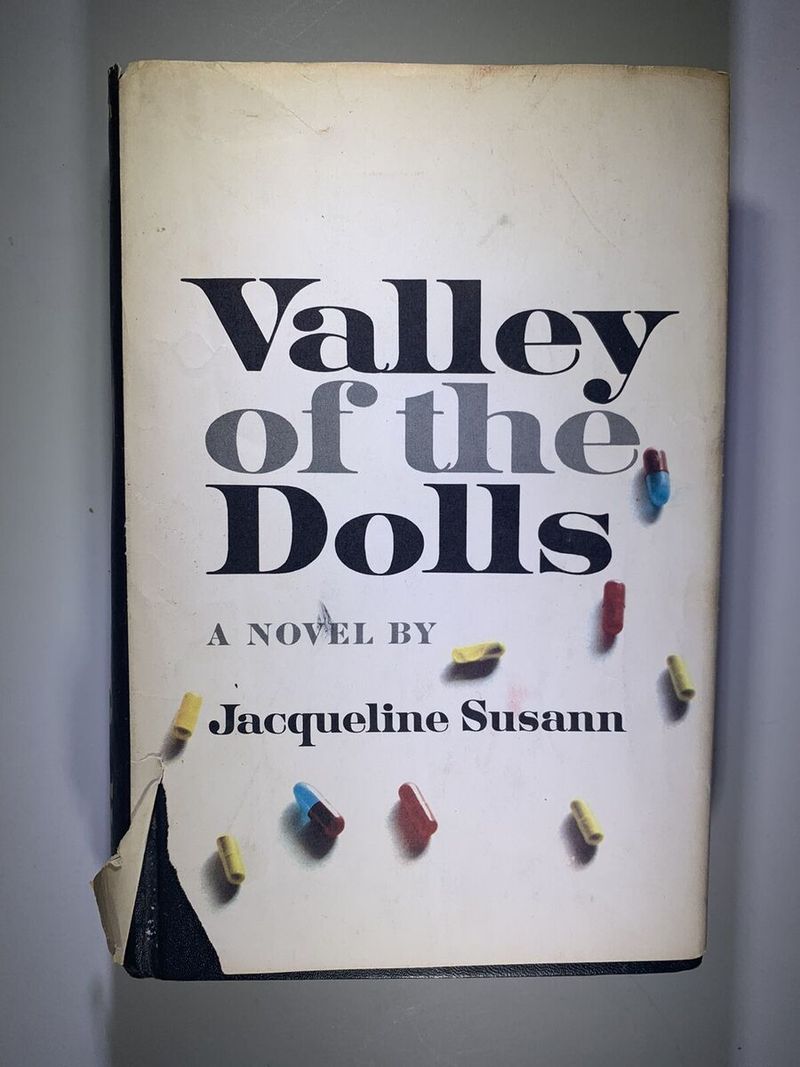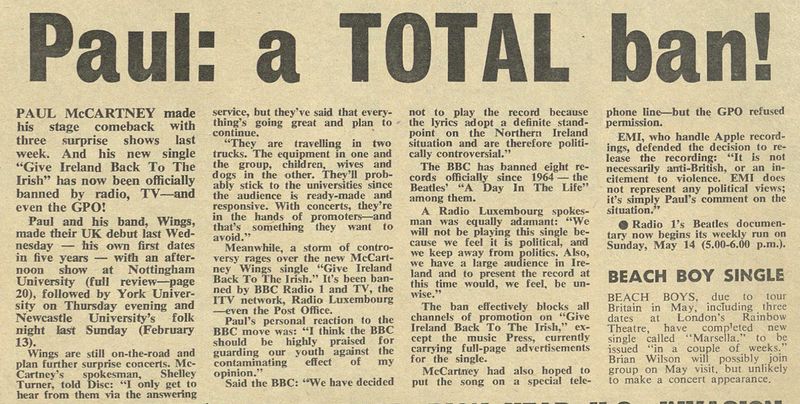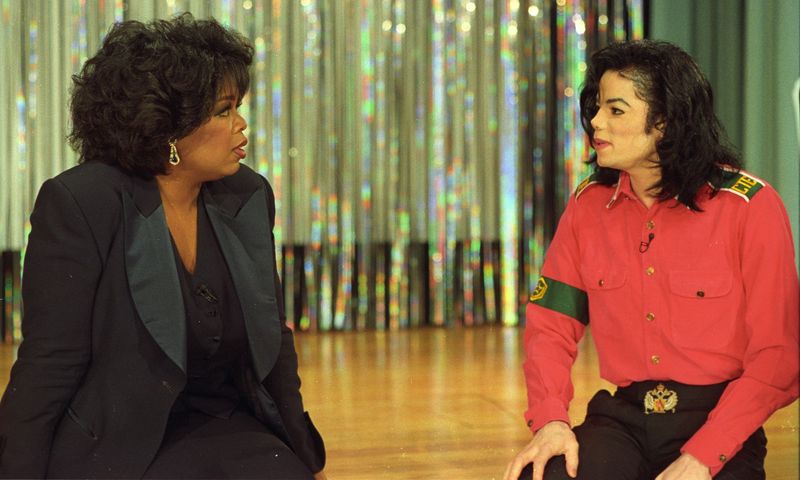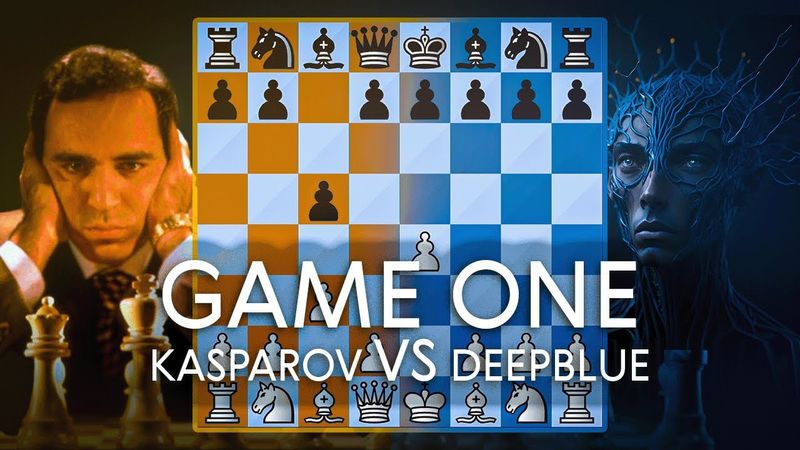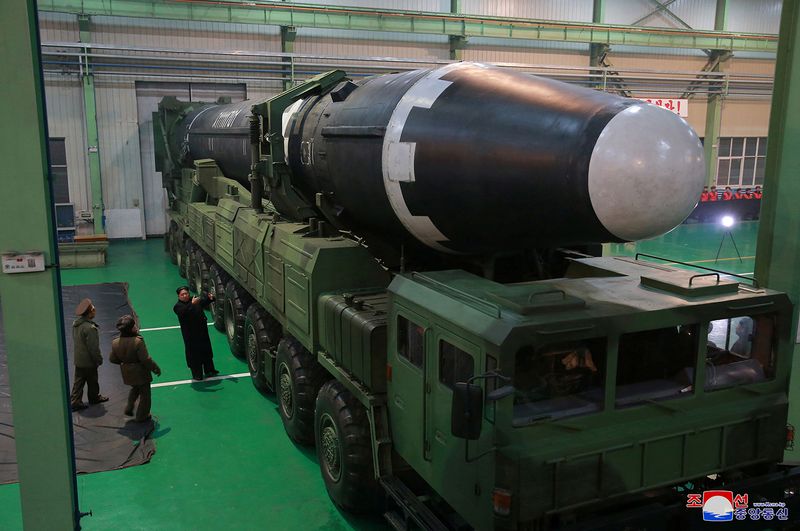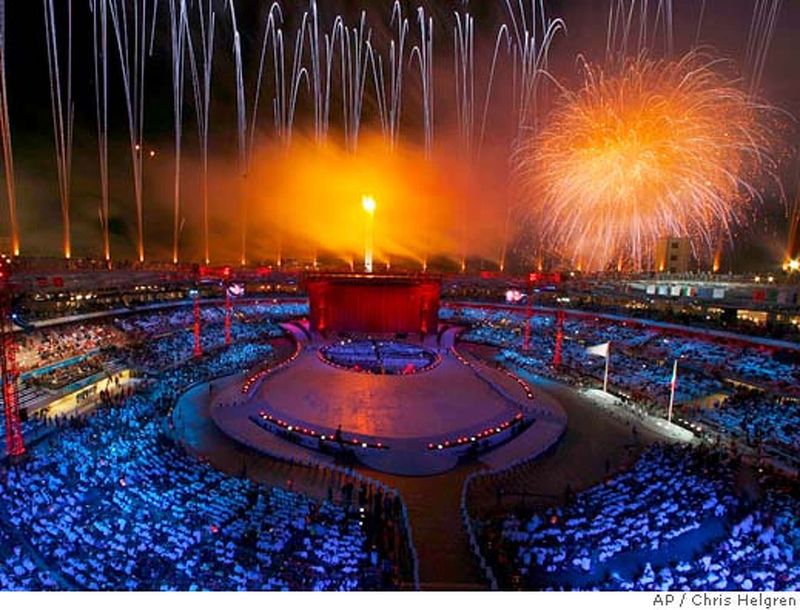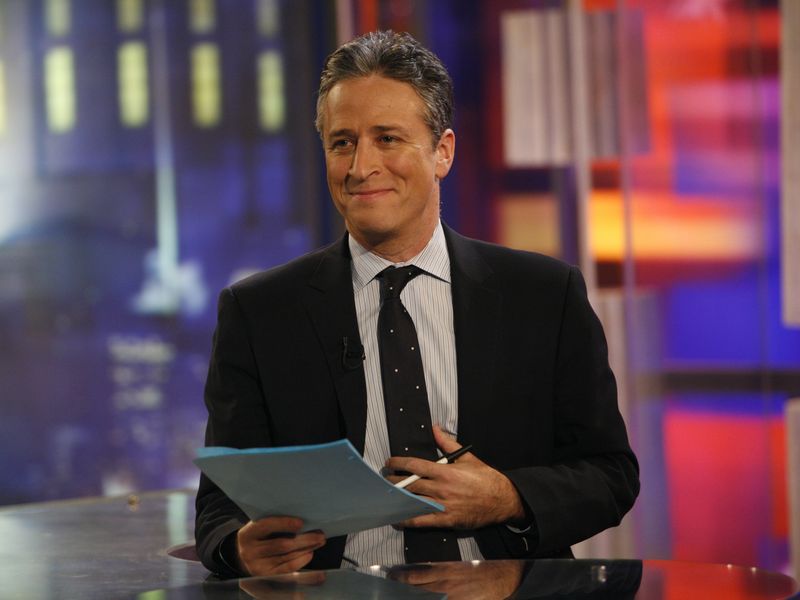February 10th has witnessed numerous intriguing yet lesser-known historic events spanning various centuries and corners of the globe.
From ancient shipwrecks to groundbreaking technological advancements, this date has played host to a diverse array of significant occurrences.
In this blog post, we delve into 30 fascinating events that took place on February 10th, each with its unique narrative and impact on history.
1. 60 AD: St. Paul’s Shipwreck at Malta
In 60 AD, the apostle St. Paul found himself in a dire situation when his ship was caught in a violent storm, eventually leading to a shipwreck on the island of Malta. Despite the harrowing experience, Paul and all aboard survived, marking a significant biblical event.
Upon reaching the shore, the local Maltese people welcomed the survivors with hospitality.
This event is notable for its religious importance, as it is believed to have contributed to the spread of Christianity in Malta. Paul’s shipwreck is commemorated annually, illustrating its lasting cultural impact.
2. 1355: St. Scholastica’s Day Riot in Oxford
The St. Scholastica’s Day riot in 1355 was a violent confrontation between students from the University of Oxford and the local townspeople. It began over a trivial dispute at a tavern but quickly escalated into a deadly three-day conflict.
The riot resulted in significant casualties, mostly among the townspeople, and led to lasting tensions between the university and the town. This event highlighted the social and economic divide between the academic and local communities.
It also prompted changes in university governance and town relationships, influencing future educational institutions.
3. 1542: Catherine Howard’s Imprisonment
On February 10, 1542, Catherine Howard, the fifth wife of King Henry VIII, was transferred to the Tower of London. Accused of adultery, her imprisonment marked the downfall of another of Henry’s queens.
The young queen’s fate was sealed, leading to her execution just days later. Catherine’s tragic story reflects the perilous life within the Tudor court, where political intrigue and personal indiscretions could lead to a swift and deadly downfall.
Her arrest and subsequent execution underscored the volatility of Henry’s reign and the dangers faced by those in his inner circle.
4. 1763: Treaty of Paris Ends French and Indian War
The Treaty of Paris, signed on February 10, 1763, effectively ended the French and Indian War, a significant conflict involving Britain, France, and their respective allies.
This treaty resulted in substantial territorial changes, with Britain gaining control of Canada and Florida, while France ceded Louisiana to Spain.
The agreement reshaped the political landscape of North America, paving the way for future American expansion.
The treaty also marked the decline of French influence in the continent and set the stage for future colonial unrest leading to the American Revolution. Its impact was felt globally.
5. 1824: Simón Bolívar Named Dictator of Peru
On February 10, 1824, the Congress of Peru granted Simón Bolívar the title of dictator. Bolívar, a key figure in the fight for South American independence, was tasked with unifying and stabilizing the newly liberated regions.
This appointment came during a period of political turmoil as Peru sought to consolidate its independence from Spanish rule.
Bolívar’s leadership was instrumental in shaping Peru’s political landscape and furthering the cause of independence across South America.
His role as dictator highlighted his influence and commitment to the liberation movement, leaving a lasting legacy.
6. 1840: Queen Victoria’s Marriage
On February 10, 1840, Queen Victoria married her cousin Prince Albert of Saxe-Coburg and Gotha in a lavish ceremony at St. James’s Palace. This royal union was both a personal and political milestone, solidifying alliances within European royal families.
The marriage marked the beginning of a long and devoted partnership, with Albert playing a significant role in Victoria’s reign. Their relationship set a new standard for royal marriages, characterized by mutual respect and affection.
Victoria and Albert’s marriage influenced the cultural landscape of the Victorian era, promoting family values and public duty.
7. 1846: Battle of Sobraon in India
The Battle of Sobraon, fought on February 10, 1846, marked a decisive victory for the British in the First Anglo-Sikh War. This battle was crucial in consolidating British control over the Punjab region of India.
Despite the fierce resistance from the Sikh forces, superior British strategy and artillery led to a significant triumph.
The victory at Sobraon paved the way for the annexation of Punjab and the eventual establishment of British rule over the entire Indian subcontinent. This battle underscored the military prowess of the British Empire and its colonial ambitions.
8. 1863: P.T. Barnum’s Wedding Event
On February 10, 1863, showman P.T. Barnum staged the highly publicized wedding of Tom Thumb and Mercy Lavinia Warren. This event, held in New York City, captivated the public’s imagination and drew significant media attention.
Barnum, known for his flair for spectacle, utilized the wedding as a promotional tool, enhancing his reputation and that of his circus. The marriage of the two little people became a cultural sensation, reflecting the era’s fascination with the unusual.
This event marked a turning point in entertainment, showcasing Barnum’s innovative approach to show business.
9. 1870: Founding of the YWCA
On February 10, 1870, the Young Women’s Christian Association (YWCA) was founded in New York City. This organization aimed to support women by providing safe housing, educational opportunities, and community engagement.
The YWCA played a crucial role in empowering women and advocating for their rights during a time when female participation in public life was limited. Its establishment reflected broader social changes and the growing movement for women’s rights.
The YWCA’s legacy continues today, with its focus on social justice and gender equality making it a vital institution worldwide.
10. 1906: Launch of HMS Dreadnought
The launch of HMS Dreadnought on February 10, 1906, revolutionized naval warfare and marked a pivotal moment in military history.
As the first modern battleship, the Dreadnought featured advanced technology and firepower, rendering previous battleships obsolete. Its innovative design set a new standard for naval engineering and sparked an arms race among global powers.
The Dreadnought’s introduction emphasized the importance of naval dominance and influenced maritime strategy worldwide. This groundbreaking vessel symbolized British naval supremacy and highlighted the technological advancements of the early 20th century.
11. 1924 Bucky Harris at 27, becomes youngest major league baseball manager
On February 10, 1924, Bucky Harris made history as the youngest manager in Major League Baseball at the tender age of 27.
A dynamic force on the field, Harris led the Washington Senators with vigor and vision. His innovative strategies quickly earned him a reputation as a forward-thinking leader.
Despite his youth, Harris’s ability to motivate his players and read the game set him apart from his contemporaries.
His appointment marked a shift in baseball’s managerial landscape, proving that age was no barrier to success. Harris’s career remains a testament to youthful innovation. His legacy continues, inspiring young managers to break barriers today.
12. 1931: New Delhi Becomes Capital of India
On February 10, 1931, New Delhi was officially inaugurated as the capital of India, replacing Calcutta. This strategic decision was part of a broader plan to create a new administrative hub that reflected India’s growing importance in the British Empire.
The city was designed by British architects Edwin Lutyens and Herbert Baker, showcasing a blend of traditional Indian architecture and Western styles.
New Delhi’s designation as the capital marked a new chapter in India’s history, symbolizing the country’s aspirations and its journey towards independence. Today, it remains a vibrant political and cultural center.
13. 1933: First Singing Telegram Delivered
The Postal Telegraph-Cable Company delivered the first singing telegram on February 10, 1933, in New York City.
This novel concept added a personal and entertaining touch to the traditional telegraph message, offering a unique way to celebrate special occasions.
The singing telegram quickly gained popularity, becoming a cultural phenomenon and a cherished form of communication. It reflected the era’s innovative spirit and desire for connection during challenging times.
The introduction of singing telegrams showcased the evolving landscape of communication and entertainment in the early 20th century.
14. 1940: “In The Mood” Hits Number One
On February 10, 1940, Glenn Miller’s iconic swing tune “In The Mood” reached the number one spot on the charts. This upbeat and catchy song became a defining sound of the swing era, captivating audiences and inspiring countless dance floors.
Miller’s masterful arrangement and the band’s vibrant performance propelled “In The Mood” to timeless status, making it a staple in American music history.
The song’s success highlighted the cultural significance of swing music during a time of social and economic change, offering an uplifting escape for listeners worldwide.
15. 1942: Patent for Fused Silica Granted
American chemist James Franklin Hyde was granted a patent for fused silica on February 10, 1942.
This breakthrough material, characterized by its high purity and optical clarity, revolutionized various industries, including telecommunications and electronics.
Fused silica’s unique properties made it an ideal choice for manufacturing optical fibers and lenses, contributing to advancements in communication technology.
Hyde’s innovation highlighted the importance of material science in modern engineering, paving the way for future discoveries. The patent for fused silica underscored the role of scientific research in driving technological progress.
16. 1946: Charles “Lucky” Luciano Deported
On February 10, 1946, infamous mobster Charles “Lucky” Luciano was deported to Italy after serving a sentence for racketeering in the United States.
Despite his criminal activities, Luciano was credited with modernizing organized crime and establishing the Mafia Commission. His deportation marked a significant moment in American law enforcement’s efforts to combat organized crime.
Luciano’s departure did not diminish his influence, as he continued to wield power from abroad. His life and legacy remain subjects of fascination, reflecting the complex interplay between crime, justice, and society.
17. 1952: India’s First General Election
India held its first general election on February 10, 1952, marking a milestone in the nation’s democratic journey.
Following independence from British rule, this election represented a significant step towards establishing a stable and inclusive political system.
Millions of Indians, including women and marginalized communities, participated in the electoral process, reflecting the country’s commitment to democracy.
The election laid the foundation for India’s vibrant democratic traditions, despite the challenges of a newly formed state. It symbolized hope and progress, as citizens exercised their rights and shaped the future of their nation.
18. 1954: Eisenhower Warns Against Vietnam Intervention
President Dwight D. Eisenhower issued a warning on February 10, 1954, against U.S. intervention in Vietnam, citing the potential for a protracted conflict.
His cautionary stance reflected concerns about the growing threat of communism and the complexities of the geopolitical landscape during the Cold War.
Eisenhower’s warning highlighted the challenges faced by U.S. policymakers in balancing national security interests with the risks of military engagement.
While his advice was not heeded in the long term, it foreshadowed the difficulties that would arise in the Vietnam War, emphasizing the importance of strategic foresight.
19. 1962: U-2 Pilot Exchange
On February 10, 1962, American U-2 pilot Francis Gary Powers was exchanged for Soviet spy Rudolf Abel at a Berlin checkpoint.
This dramatic Cold War event underscored the tensions between the United States and the Soviet Union, highlighting the complexities of espionage and diplomacy.
The exchange was a significant moment in U.S.-Soviet relations, illustrating the delicate balance of power during this era.
Powers’ capture and subsequent exchange emphasized the risks faced by individuals involved in intelligence operations and the broader geopolitical stakes of the Cold War.
20. 1966: “Valley of the Dolls” Published
Jacqueline Susann’s novel “Valley of the Dolls” was published on February 10, 1966, quickly becoming a bestseller. The book’s candid exploration of fame, addiction, and personal ambition resonated with readers, earning it a lasting place in popular culture.
Susann’s bold narrative style and complex characters challenged societal norms and sparked conversations about women’s roles in the entertainment industry.
“Valley of the Dolls” became a cultural touchstone, reflecting the changing dynamics of American society during the 1960s. Its publication underscored the power of literature to influence and reflect societal values.
21. 1972: BBC Bans “Give Ireland Back to the Irish”
On February 10, 1972, the BBC banned the song “Give Ireland Back to the Irish” by Paul McCartney’s band Wings. The ban was a response to the song’s political message, which called for the end of British rule in Northern Ireland.
This censorship sparked controversy and debate about freedom of expression and the role of media in political discourse. The BBC’s decision highlighted the tensions surrounding the Northern Ireland conflict and the broader struggle for civil rights.
The song’s ban underscored the power of music as a tool for protest and social change.
22. 1989: WWF Admits Wrestling as Exhibition
On February 10, 1989, the World Wrestling Federation (WWF) acknowledged in a New Jersey court that professional wrestling was an exhibition rather than a competitive sport.
This admission was driven by regulatory and financial considerations, allowing the WWF to avoid certain taxes and regulations. The revelation surprised many fans, challenging perceptions of wrestling’s authenticity while highlighting its entertainment value.
This acknowledgment marked a turning point in the wrestling industry, redefining its identity and business model. The WWF’s decision emphasized the performative nature of wrestling and its evolution as a major entertainment phenomenon.
23. 1993: Michael Jackson’s Interview with Oprah
On February 10, 1993, Michael Jackson’s highly anticipated interview with Oprah Winfrey aired on ABC, capturing an audience of millions.
This candid conversation provided rare insights into Jackson’s personal life, career, and the challenges he faced as a global superstar. The interview was a significant media event, highlighting the intersection of celebrity culture and public interest.
Jackson’s openness about his experiences and struggles resonated with viewers, solidifying his complex legacy. This televised moment underscored the power of media to shape public perceptions and the enduring fascination with celebrity narratives.
24. 1996: Deep Blue Defeats Kasparov
On February 10, 1996, IBM’s Deep Blue made history by defeating world chess champion Garry Kasparov in a single game.
This landmark event marked the first time a computer defeated a reigning world champion in chess, highlighting the growing capabilities of artificial intelligence.
Deep Blue’s victory demonstrated the potential of computers to tackle complex problems traditionally dominated by human intellect. The match sparked discussions about the future of AI and its implications for various fields.
This moment in chess history underscored the evolving relationship between technology and human achievement.
25. 2005: North Korea’s Nuclear Announcement
On February 10, 2005, North Korea announced its possession of nuclear weapons, escalating tensions on the global stage.
This declaration marked a significant development in international relations, raising concerns about nuclear proliferation and regional security.
North Korea’s announcement emphasized the challenges of diplomacy and non-proliferation efforts in the face of aggressive posturing.
The international community responded with a mix of condemnation and calls for dialogue, highlighting the complexities of addressing nuclear threats.
This event underscored the volatile dynamics of global politics and the ongoing struggle for peace and stability.
26. 2006: Turin Winter Olympics Open
The XX Winter Olympic Games opened on February 10, 2006, in Turin, Italy, showcasing a spectacular celebration of sports and international unity.
Athletes from around the world gathered to compete in a diverse array of winter sports, embodying the Olympic spirit of excellence and camaraderie.
The Turin Olympics highlighted the significance of global cooperation and cultural exchange, drawing attention to Italy’s rich heritage and hospitality.
This event celebrated human achievement and perseverance, inspiring future generations to pursue their dreams. The games reinforced the power of sports to transcend boundaries and foster peace.
27. 2013: 55th Grammy Awards Held
The 55th Grammy Awards, held on February 10, 2013, celebrated excellence in the music industry, recognizing artists’ achievements across diverse genres.
The ceremony featured memorable performances and emotional acceptance speeches, highlighting the power of music to connect and inspire.
This prestigious event showcased the evolving landscape of the music industry and its impact on culture and society. The Grammys provided a platform for emerging talents and established stars alike, reflecting the dynamic nature of musical expression.
This annual celebration underscored the importance of creativity and innovation in the arts.
28. 2015: Jon Stewart Announces Departure from “The Daily Show”
On February 10, 2015, comedian Jon Stewart announced his departure from “The Daily Show,” marking the end of an era in American television.
Stewart’s tenure as host spanned over 16 years, during which he redefined political satire and influenced public discourse.
His unique blend of humor and insight resonated with audiences, establishing “The Daily Show” as a trusted source of news and commentary. Stewart’s announcement prompted reflections on his legacy and the show’s impact on media and politics.
His departure left a lasting void, underscoring his significant contributions to comedy and journalism.
29. 2018: Adam Ondra’s Historic Climb
Czech climber Adam Ondra achieved a climbing milestone on February 10, 2018, by completing the first-ever flash of a confirmed 9a+ (5.15a) route.
This remarkable feat showcased Ondra’s exceptional skill and determination, solidifying his reputation as one of the world’s top climbers. The climb, known as “Super Crackinette,” was a testament to Ondra’s dedication and mastery of the sport.
His achievement highlighted the evolving challenges and possibilities in rock climbing, inspiring climbers worldwide. Ondra’s historic climb underscored the spirit of adventure and the pursuit of excellence.
30. 2020: Bushfires in Australia Extinguished by Rainfall
On February 10, 2020, heavy rainfall brought relief to New South Wales, Australia, extinguishing more than 30 devastating bushfires. This natural intervention marked a turning point in the battle against one of the worst fire seasons in Australian history.
The unprecedented rainfall provided respite to exhausted firefighters and affected communities, highlighting the weather’s role in disaster management.
The event underscored the challenges posed by climate change and the importance of resilience and preparedness. The extinguishing of the fires offered hope and a chance for recovery and rebuilding.
